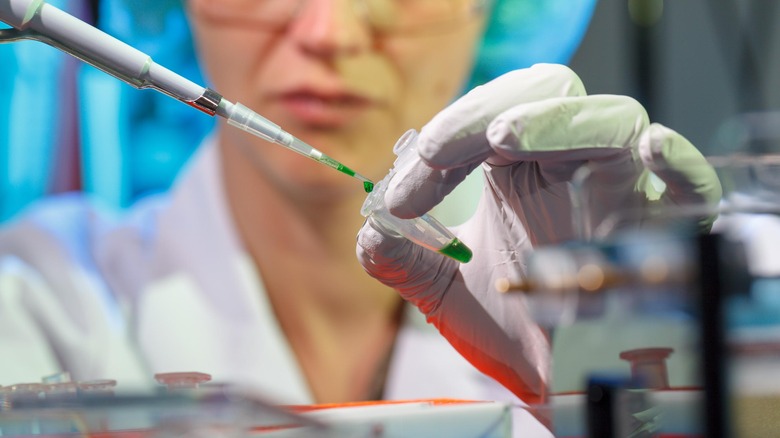How New CAR T-Cell Therapy Can Help Kids Who Have Advanced Leukemia
Over a decade ago, how cancer was treated was changed forever by CAR (chimeric antigen receptor) T-cell therapy. For blood cancer patients (leukemia, for example), this revolutionized how doctors approached the fight against cancer because it offered a personal, specialized treatment for every patient. CAR T-cell therapy helps a type of immune cell in your body fight cancer by altering the immune cells themselves so they attack the cancer cells, explains the American Cancer Society.
However, with every new breakthrough comes a set of problems. With CAR T-cell therapy, the main problem is time. To harvest a patient's immune cells and reconfigure them to attack cancer can take almost two months, far too much time for many people with aggressive cancers, especially younger patients, according to NBC News. Many times, they only have a few weeks to live and this therapy may save their lives. Thankfully, a new approach to CAR T-cell therapy can dramatically cut down the turnaround time.
Researchers have reduced the time of CAR T-cell therapy
While the original CAR T-cell therapy was revolutionary, it wasn't practical for patients who didn't have long to live. However, researchers may have solved that issue. Scientists in the United Kingdom at the University College London have created a new approach to CAR T-cell therapy. Instead of taking the time to harvest a patient's immune cells, scientists reprogram universal CAR T cells from other patients, modifying them further so the new host's immune system doesn't reject them, according to research published in the journal Science Translational Medicine. This can save time by potentially allowing the immune cells to be stored for future use.
The new approach was performed on six children with advanced leukemia, for all of whom chemotherapy had already failed. It was proven to be safe and now researchers hope to prove its effectiveness in getting patients into cancer remission. The treatment is not considered something that cures cancer. Rather, scientists want to get the children into remission before performing a bone marrow stem cell transplant.


